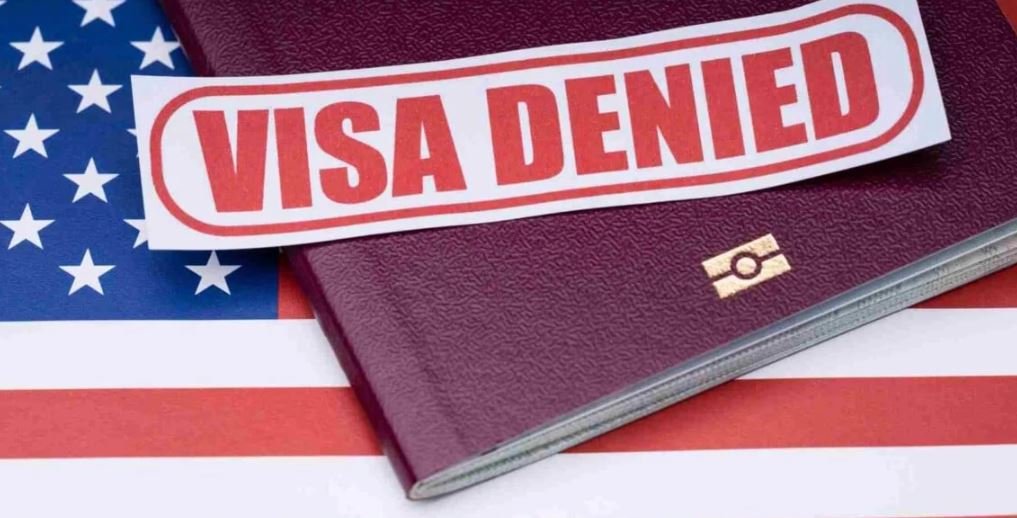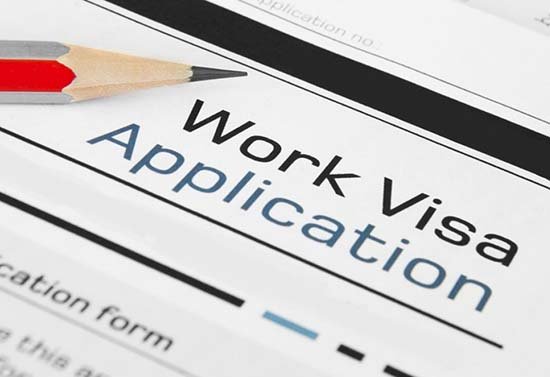Introduction
Experiencing a U.S. visa refusal can be disheartening, but it’s essential to understand that denial doesn’t mark the end of your journey. This guide provides valuable insights and strategies for African applicants to address and overcome visa refusals, increasing the chances of success in subsequent applications.
1. Understanding Common Reasons for Visa Refusal
The U.S. visa application process is stringent, and refusals can occur for various reasons. Some common grounds for denial include:
– Lack of Sufficient Ties to Home Country: Applicants must demonstrate strong ties to their home country to prove their intent to return after their U.S. visit. This includes family, employment, property, or other commitments.
– Insufficient Financial Resources: Applicants need to show they can financially support themselves during their stay in the U.S. and cover their travel expenses.
– Incomplete or Inconsistent Documentation: Missing, inconsistent, or inaccurate information in the application can lead to denial.
– Failure to Meet Visa Requirements: Each visa type has specific eligibility criteria that must be met. For instance, a student visa applicant must show genuine intent to study.
– Previous Immigration Violations: Past issues, such as overstaying a previous visa or providing false information, can impact future applications.
2. Steps to Take After a Visa Refusal
a. Understand the Reason for Refusal
– Refusal Notice: The consular officer typically provides a written notice explaining the reason for the denial. Carefully review this document to understand the specific grounds for refusal.
b. Assess and Address the Issues
– Document Review: Review your application and supporting documents to identify any discrepancies, missing information, or errors. Address these issues in your next application.
– Additional Evidence: Gather new or additional evidence to strengthen your case. This could include updated financial statements, employment verification, or documentation of ties to your home country.
c. Consider Reapplying or Appealing
– Reapplication: You can reapply for a U.S. visa after a refusal. Ensure that any issues from the previous application are thoroughly addressed. It’s crucial to provide new, compelling information that strengthens your case.
– Appealing the Decision: While U.S. visa denials are generally not appealable, in some cases, if there is a significant error or oversight, you may request a reconsideration by submitting additional evidence or clarification.
3. Tips for a Successful Reapplication
a. Strong Ties to Home Country
– Employment and Family Ties: Provide clear evidence of your job, family relationships, and property ownership in your home country. This can help show that you’d like to return after you visit the U.S.
– Letter of Support: It can be beneficial to receive a letter from your employer or educational institution explaining your need to travel and return to your home country.
b. Financial Stability
– Proof of Funds: Ensure your financial documents, such as bank statements, are up-to-date and show you have sufficient funds to cover your U.S. stay and travel expenses.
– Sponsor Information: If someone else is sponsoring your trip, provide detailed information about their financial status and their relationship to you.
c. Consistent and Accurate Documentation
– Complete Applications: Double-check all forms and documents for accuracy and completeness. Consistency in the information provided across all documents is crucial.
– Detailed Travel Itinerary: Provide a clear and detailed itinerary of your intended activities and destinations in the U.S.
d. Legal Guidance
– Consult an Immigration Attorney: An experienced immigration attorney can provide valuable advice on strengthening your reapplication. They can help identify and address any issues from your previous application and prepare you for the interview.
4. Preparing for the Visa Interview
– Honesty and Clarity: Respond honestly and clearly. Any inconsistencies or evasiveness can raise red flags.
– Be Prepared to Explain Past Refusals: If asked about previous refusals, calmly and clearly explain the steps you’ve taken to address the issues and why you are now a qualified candidate for the visa.
Conclusion
Facing a U.S. visa refusal can be challenging. Still, with careful preparation and a thorough understanding of the reasons behind the denial, you can improve your chances of success in future applications. At Empirefly Immigration Law Firm, we specialize in helping clients navigate the complexities of the U.S. visa application process. Please contact us today for personalized assistance and explore your options for overcoming a visa refusal.




